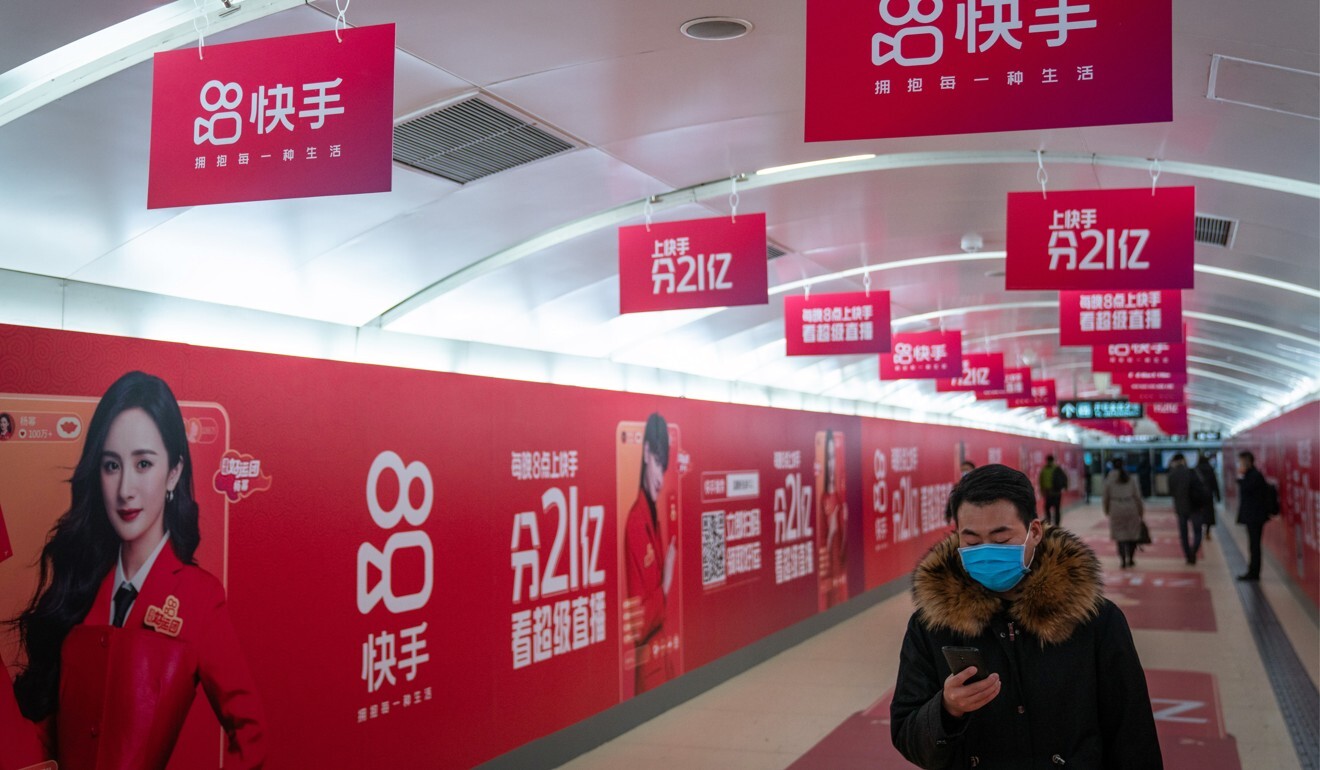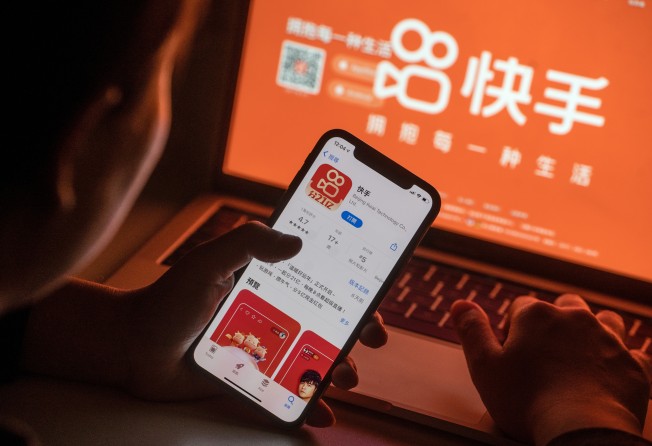
Markets boosted by homecoming policy
- Chinese initial public offerings are proving irresistible, powering the Hong Kong and Shanghai bourses as the United States turns hostile to mainland companies

Another Chinese tech IPO, another big price pop. The market for Chinese initial public offerings is proving irresistible. That is both a vindication of China’s so-called homecoming policy to discourage foreign listings for hi-tech firms, and also a sign of the return of the “animal spirit” against which investors should always be cautious.
The shares of Kuaishou Technology, the video-sharing platform, jumped 161 per cent last week on its Hong Kong debut. It has been the most sought-after IPO in the city’s financial annals, as retail investors piled in almost HK$1.3 trillion (US$167.7 billion) to oversubscribe it by 1,200 times.
For offerings larger than US$1 billion, Kuaishou is the second most successful after the mainland’s biggest chip maker, Semiconductor Manufacturing International Corporation (SMIC), tripled on its debut last July in Shanghai.
The homecoming policy has boosted Hong Kong’s IPO market, as the United States turns hostile to Chinese companies. But Shanghai may be the main beneficiary, as regulators have lifted restrictive rules on the valuation of mainland IPOs.

They used to impose a limit of roughly 23-times price-to-earnings valuation, in the mistaken belief that they were making stocks affordable to retail investors. Unfortunately, that contributed to periodic IPO mania and encouraged a whole generation of investors to just flip new stocks for a quick profit.
More importantly, it caused an aberration of market-based pricing that was detrimental to the long-term growth of China’s capital market. A University of Hong Kong study found Chinese companies had been undervalued by up to US$200 billion in the past six years because of the de facto cap.
That was why tech companies never gave the mainland’s stock market a look. So, when the Star Market catering to home-grown tech and pharmaceutical companies was launched in 2019, one of the first regulatory changes was to lift the valuation cap.
SMIC withdrew from New York and then raised 53.2 billion yuan (HK$63.8 billion) on the Star Market. The stock was priced at 27.46 yuan, 109.25 times 2019 earnings.
Ending the cap has worked. Firms can raise more cash commensurate with market valuations without deterring investors. And, thanks to the homecoming campaign, instead of being competitors, Hong Kong and Shanghai are proving mutual beneficiaries.